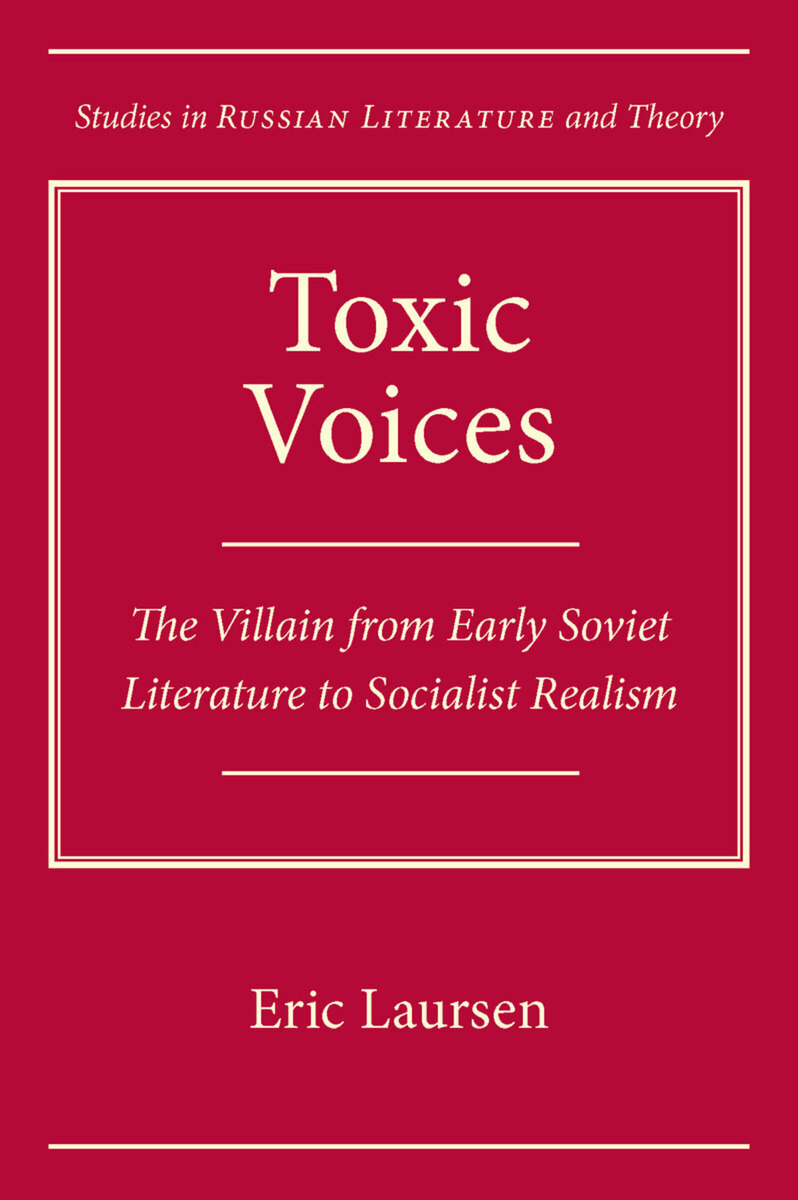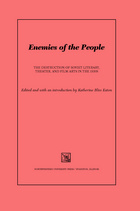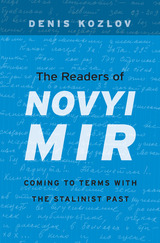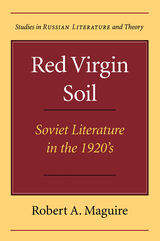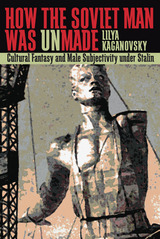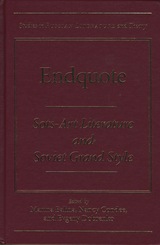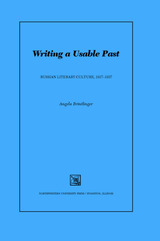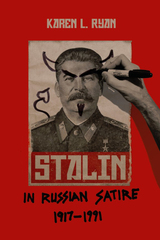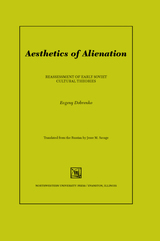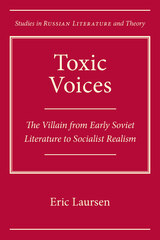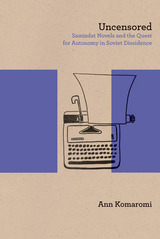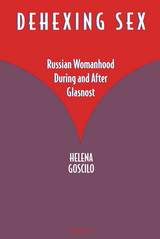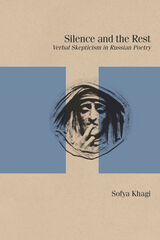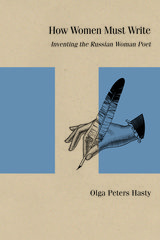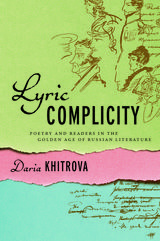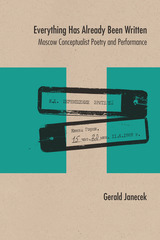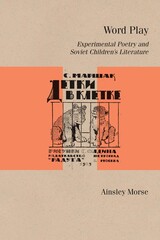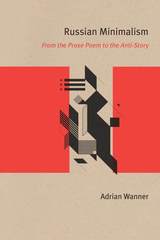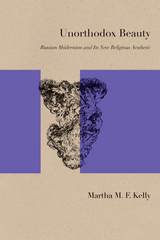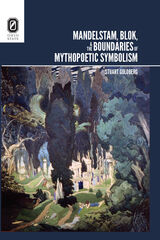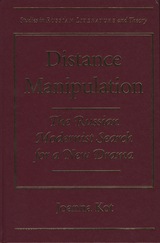Toxic Voices: The Villain from Early Soviet Literature to Socialist Realism
Northwestern University Press, 2013
Cloth: 978-0-8101-2865-1 | eISBN: 978-0-8101-6635-6
Library of Congress Classification PG3026.S58L38 2013
Dewey Decimal Classification 891.7093580904
Cloth: 978-0-8101-2865-1 | eISBN: 978-0-8101-6635-6
Library of Congress Classification PG3026.S58L38 2013
Dewey Decimal Classification 891.7093580904
ABOUT THIS BOOK | AUTHOR BIOGRAPHY | REVIEWS | TOC | REQUEST ACCESSIBLE FILE
ABOUT THIS BOOK
Satire and the fantastic, vital literary genres in the 1920s, are often thought to have fallen victim to the official adoption of socialist realism. Eric Laursen contends that these subversive genres did not just vanish or move underground. Instead, key strategies of each survive to sustain the villain of socialist realism. Laursen argues that the judgment of satire and the hesitation associated with the fantastic produce a narrative obsession with controlling the villain’s influence. In identifying a crucial connection between the questioning, subversive literature of the 1920s and the socialist realists, Laursen produces an insightful revision of Soviet literary history.
See other books on: Russian literature | Socialist Realism | Socialist realism in literature | Villain | Villains in literature
See other titles from Northwestern University Press
